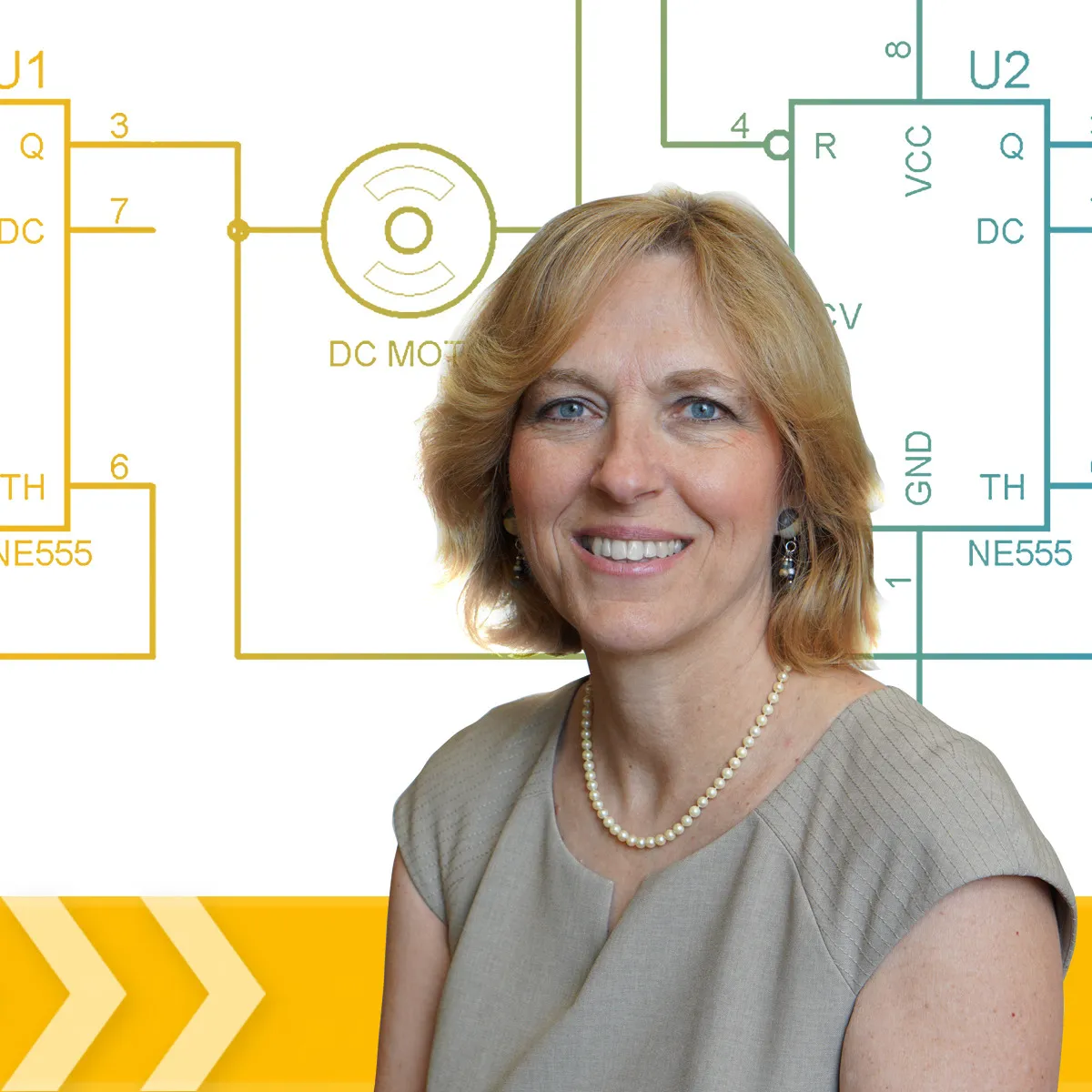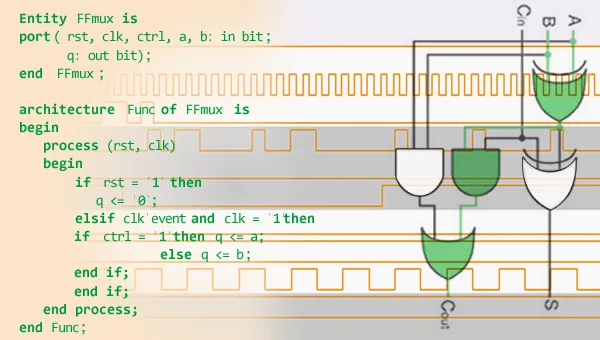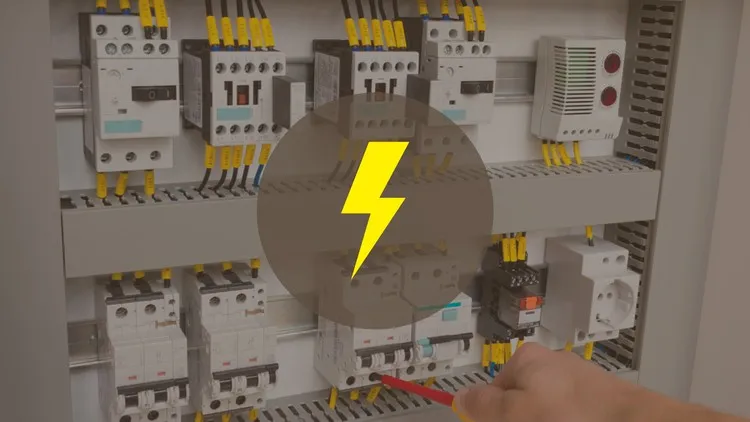Free Online Electrical Engineering Courses and Certifications 2024
Electrical Engineering is a top category of Engineering that focuses on the study and application of electricity, electronics, and electromagnetism. It is a field of knowledge that requires a deep understanding of mathematics, physics, and computer science. With the help of online courses, students can learn the fundamentals of electrical engineering and gain the skills necessary to pursue a career in this field. Electrical engineering is a field of study that is constantly evolving, and those who pursue it will be rewarded with a wealth of knowledge and experience.
Popular Courses
















Electrical Engineering Courses
Career Trends
Career Prospects | Average Salary | Position Overview |
| Electrical Engineer | $94,439 per year | Electrical engineers are responsible for designing, developing, testing, and overseeing the production of electrical equipment. This includes a wide range of items such as electric motors, navigation and radar systems, communication systems, and power generation equipment. In addition, they also design electrical systems for vehicles such as cars and airplanes. |
| Process Engineer | $96,001 per year | A process engineer's main responsibility is to convert raw materials into useful consumer products. They are in charge of creating, executing, overseeing, and improving manufacturing processes and equipment within the industry. |
| Staff Engineer | $172,069 per year | Staff engineers specialize in designing, constructing, and testing structures, products, systems, services, or equipment that are specific to their area of expertise. They work in various industries, with a focus on civil, mechanical, industrial, or electrical engineering. |
| Validation Engineer | $137,765 per year | As a Validation Engineer, your responsibility will be to supervise, assess, and adjust equipment, procedures, and systems used during product development and manufacturing processes. Your primary goal will be to ensure that all safety, quality, and purity standards are met. |
| Manufacturing Engineer | $145,863 per year | Manufacturing engineering is a field of engineering that concentrates on enhancing the manufacturing of a product by implementing improvements in the product's design or developing more efficient methods of production. |
Educational Paths
1. Bachelor's degree in Electrical Engineering: This is the most common path to becoming an electrical engineer. It typically takes four years to complete and covers a wide range of topics such as circuit analysis, electromagnetic theory, control systems, and digital signal processing.
2. Master's degree in Electrical Engineering: This is a good option for those who want to specialize in a particular area of electrical engineering, such as power systems, telecommunications, or computer engineering. A master's degree usually takes two years to complete.
3. PhD in Electrical Engineering: This is for those who want to conduct research and contribute to the field of electrical engineering. A PhD typically takes four to five years to complete and involves a significant amount of original research.
4. Online courses: There are many online courses available that cover various topics in electrical engineering, from basic circuit analysis to advanced topics like power electronics and renewable energy. These courses are often self-paced and can be a good option for those who want to learn at their own pace.
5. Apprenticeships and internships: Many companies offer apprenticeships and internships for those interested in electrical engineering. These programs allow you to gain hands-on experience and learn from experienced professionals in the field.
Frequently Asked Questions and Answers
Q1: What are the necessary classes for an electrical engineering degree?
For an electrical engineering major, courses typically include Analytic Geometry, Calculus, Chemistry, Computer Science, Device Operations, Device Physics, Antenna Systems Design, Audio Visual Processing, Biochemistry, and Aerospace Engineering. Additionally, many electrical engineering programs may require courses in physics, mathematics, and engineering fundamentals.
Q2: What career options are available with a degree in Electrical Engineering?
With an electrical engineering degree, you can apply to be a Research Engineer, Design Engineer, or Project Engineer. As a Research Engineer, you can work in a lab, testing and inventing new products and technologies. As a Design Engineer, you can visualize how a future product will look, considering possible scenarios for the application of new technology and choosing the best one. As a Project Engineer, you can oversee others when working on a new product or technology. Additionally, you can pursue a career in software engineering, robotics engineering, or power engineering.
Q3: What is the best online school for electrical engineering?
The Best Online Bachelor's in Electrical Engineering can be found at Clemson University. Established in 1889 as an agricultural college, Clemson University in Clemson, South Carolina has research centers located throughout the state. Other top universities for electrical engineering include Stony Brook University, University of North Dakota, Arizona State University, Thomas Edison University, Eastern New Mexico University, Southern Illinois University, and Morgan State University.
Q4: What are the top electrical engineering schools in the US?
If you're looking for the best electrical engineering schools in the US, then you should consider Massachusetts Institute of Technology (MIT), Stanford University, Harvard University, Georgia Institute of Technology, California Institute of Technology, Cornell University, and University of Illinois. All of these institutions are renowned for their excellence in electrical engineering, offering top-notch programs and resources to help students succeed in their chosen fields.
Q5: How do I become an electrical engineer?
Some electrical engineers choose to study for a postgraduate degree such as a Master of Engineering /Master of Science (MEng/MSc), a Master of Engineering Management, a Doctor of Philosophy (PhD) in Engineering, an Engineering Doctorate (Eng.D.), or an Engineer's degree.
Q6: What Electrical Engineering courses can I find on AZ Class?
On this page, we have collected free or certified 338 Electrical Engineering online courses from various platforms. The list currently only displays up to 50 items. If you have other needs, please contact us.
Q7: Can I learn Electrical Engineering for free?
Yes, If you don’t know Electrical Engineering, we recommend that you try free online courses, some of which offer certification (please refer to the latest list on the webpage as the standard). Wish you a good online learning experience!
ADVERTISEMENT
